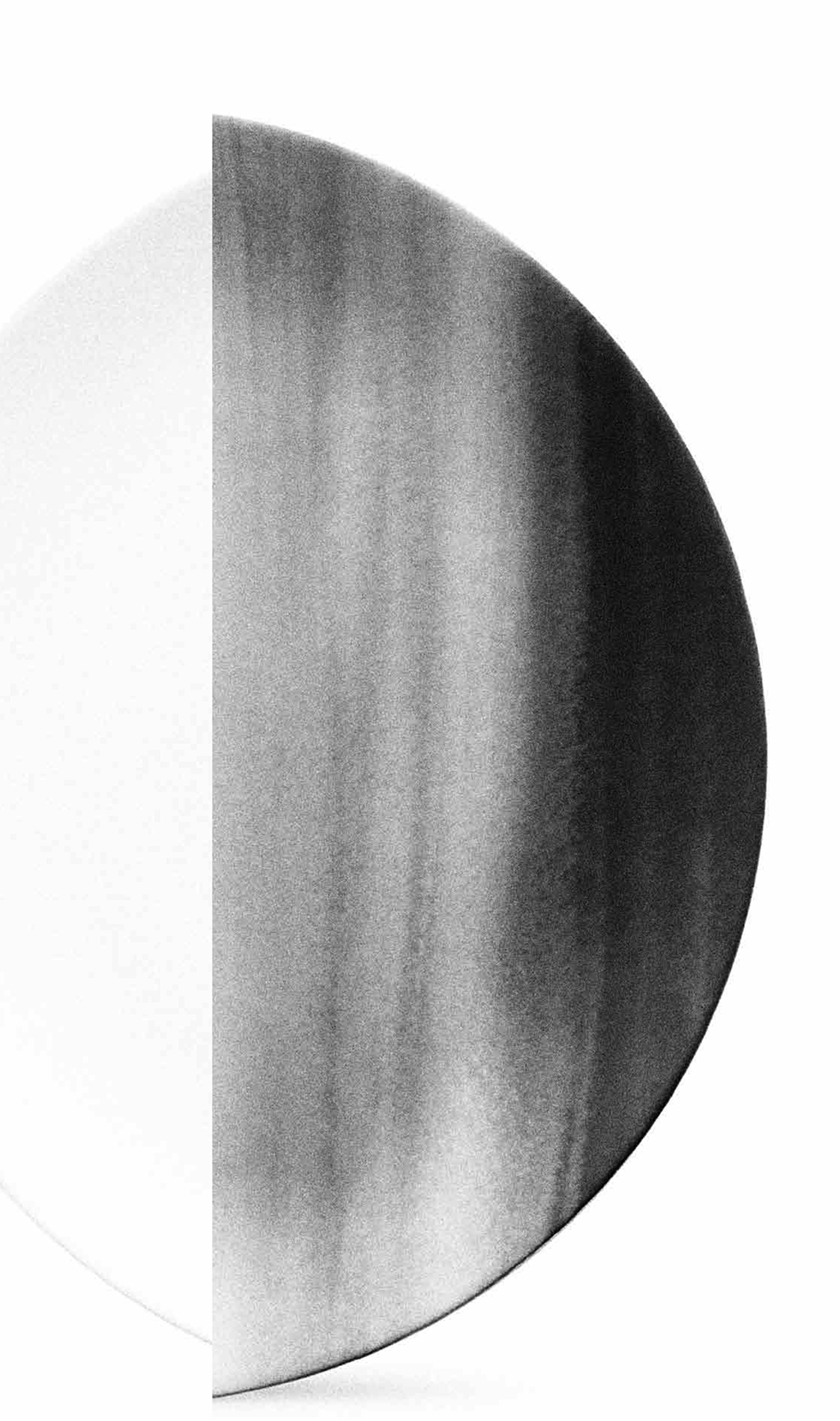Free association, via regia for the Unconscious

Abstract
Free association is a method recognised by Freud as the fundamental rule of the psycho-analytic technique. As such, its premise it to weave a historical retrospective and a few considerations on the evolution of this concept as part of Freud’s work, starting with EmmyVon N’s Case, in Studies on Hysteria, A Case of Hysteria, The Interpretation of Dreams, Recommendations to Physicians Practising Psychoanalysis, The Five Lectures on Psycho-analysis, On the New Introductory Lectures of Psycho-analysis and an Autobiographic Study. If we were to consider the artistic context that coincided with Freud’s final years, we should mention the dadaist and surreal movements to illustrate how these two movements found their inspiration with the father of Psycho-analysis, especially when we consider the development of the associative process in the pursuit of the unconscious. The pursuit of the escape from reason’s logic as a way to overcome day-to-day consciousness matters to surrealists, for whom time is preferably of dreams than time measured by chronologic tic-tac of reality. Associative time condenses the wealth of the sobreposition of three times, past- present-future and three stages, conscious-subconscious-unconscious. The associative chain favours the thin line between reality and dreams, stimulating psycho-analysts and artists to venture further into the human psyche. Clinical vignette: D, a 27-year-old youth who associates on occasion, in a non-sense way and apparently incoherent (logic) thought-process, remembering of an automated writing process. He says he can never stop thinking and that his mind is spontaneously permeated by images and stories with fantasy scenarios. D demonstrates how lying on the couch he associates more freely than when standing face to face, validating the fundamental rule’s wealth, of the elaboration and understanding of his inner-world in an effort of co-association sustained by analytical relationship.
Keywords
Free association, Unconscious, Surrealism
Author Biography
Ana Eduardo Ribeiro
Psicóloga clínica. Mestre em Psicopatologia e Psicologia Clínica. Psicanalista da SPP/IPA.